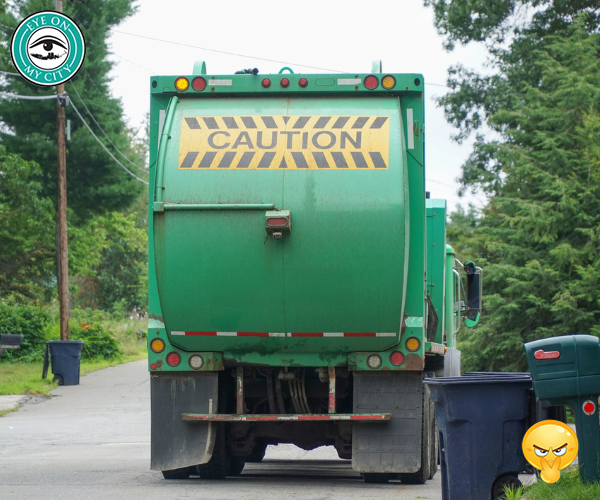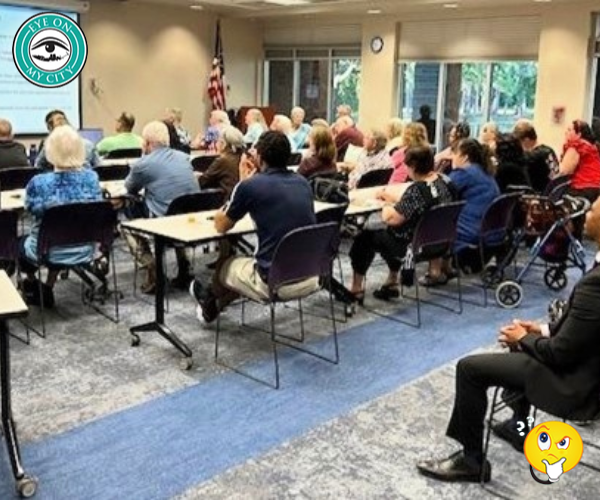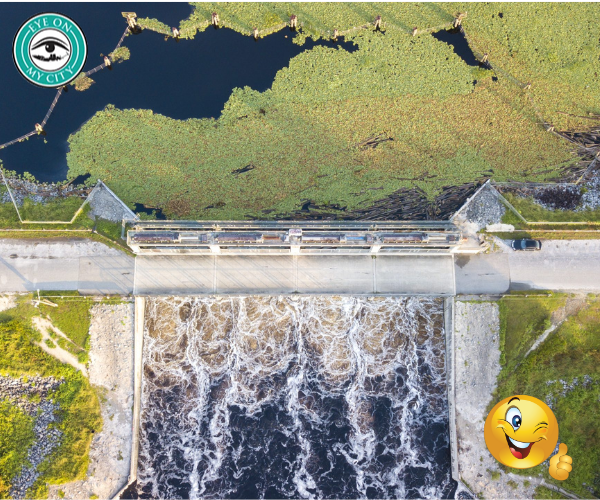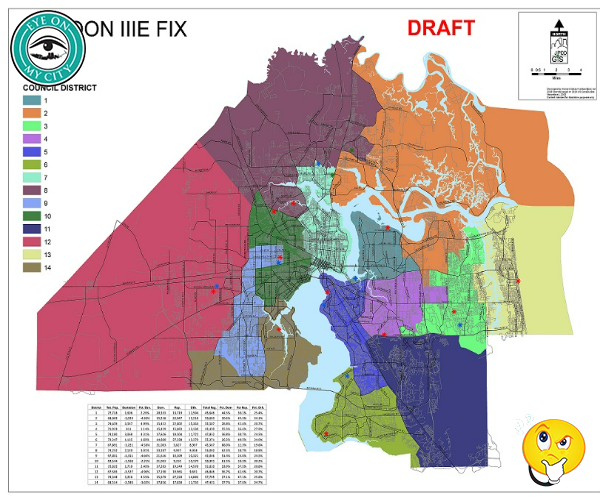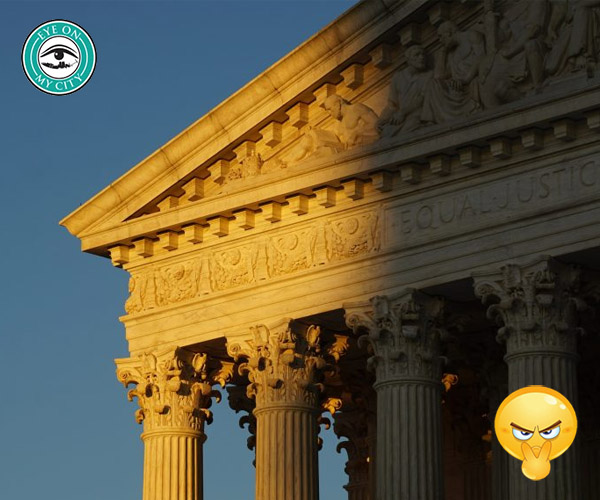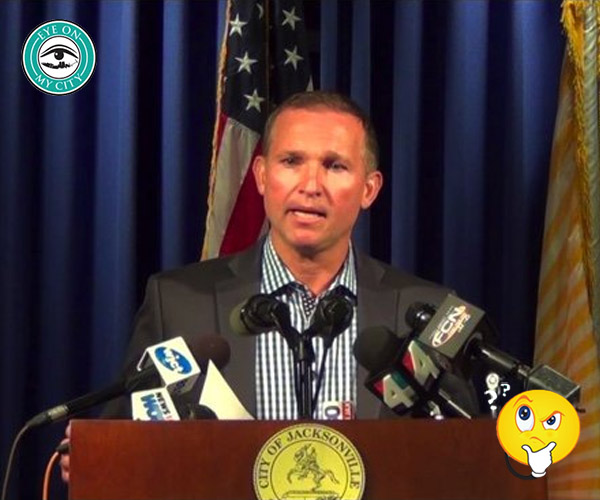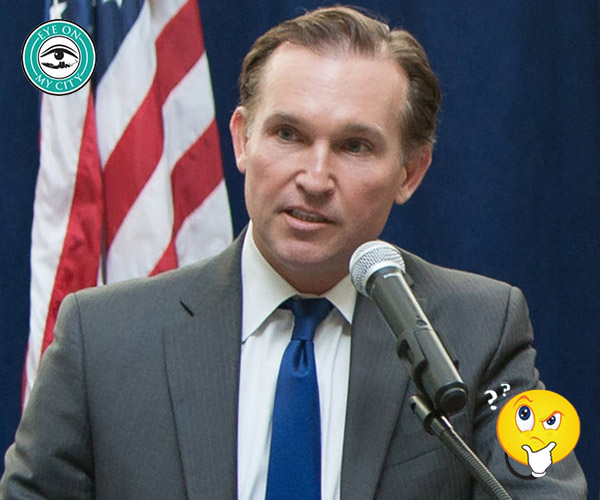
Clever politicians in Florida have learned that although people don’t like taxes heaped on them by the government they usually are willing to tax themselves when given the chance.
It is a rather astonishing phenomenon, but three out of four times people will vote to raise their own taxes.
We have seen it twice in recent years in Jacksonville. Voters in 2016 approved a new sales tax that will be imposed in 2030 to catch up on funding for city employee pensions. Last year they approved a sales tax increase to build new schools.
Another tax increase was passed by the City Council, doubling the local option gas tax – just as gasoline prices started to soar. That was not popular and might not have passed if it had been on the ballot.
The School Board came right back this year with another proposal to raise property taxes. Voters will decide on that in the Fall.
Florida Tax Watch has documented the trend statewide. From 2010 through 2020, voters agreed an amazing 75 percent of the time to increase their local sales or property taxes, (142 of the 189 increases proposed).
Those decisions added a whopping $4.8 billion a year to what they were paying.
The irony is that Florida is among the best states in the nation when it comes to having low state taxes. While voters were choosing to increase their own local taxes, the Florida Legislature was passing tax cuts every year.
The state ranks much higher, however, in local government taxation, thanks to the generosity voters have with their own money.
Tax Watch did not calculate the tax increases in Florida’s many special districts, some of which have significant tax rates, but it found voters generally also will agree to borrow more money for local government projects.
The watchdog organization said the findings show that people will accept higher taxes for things that affect them directly, if convinced they are needed.
Tax Watch did not, however, give credit to the sales pitch local politicians and bureaucrats always put on in support of the tax increases – almost always echoed and amplified by local media.
That certainly has been the case in Jacksonville, where politician’s claims rarely are questioned or examined.
Eye on Jacksonville was the only local media, for example, to question Mayor Lenny Curry’s billion-dollar plan to provide free septic tank replacements and sewer hookups.
We showed that the politicians, while condemning septic tanks, had permitted more than 60,000 of them, and had done almost nothing about the problems they claimed the tanks were causing, which apparently were few.
Voters did not get a chance to decide on that plan, because it was done by the council. Curry cleverly intends to use the gas tax revenue increase to shift money around and make other funds available for his sewer plan.
Had voters been allowed to decide on that issue, they might very well have declined to pay more at the pump in order to give thousands of people free sewer hookups. People without septic tanks paid for their hookups.
How Jacksonville residents will vote on higher taxes for government schools is not certain. The issue is whether they will be informed about the existing school financing, including the fact that the Florida Legislature just provided substantial increases.
If there is one thing we know from experience, it is that voters with bad or incomplete information make poor choices.




